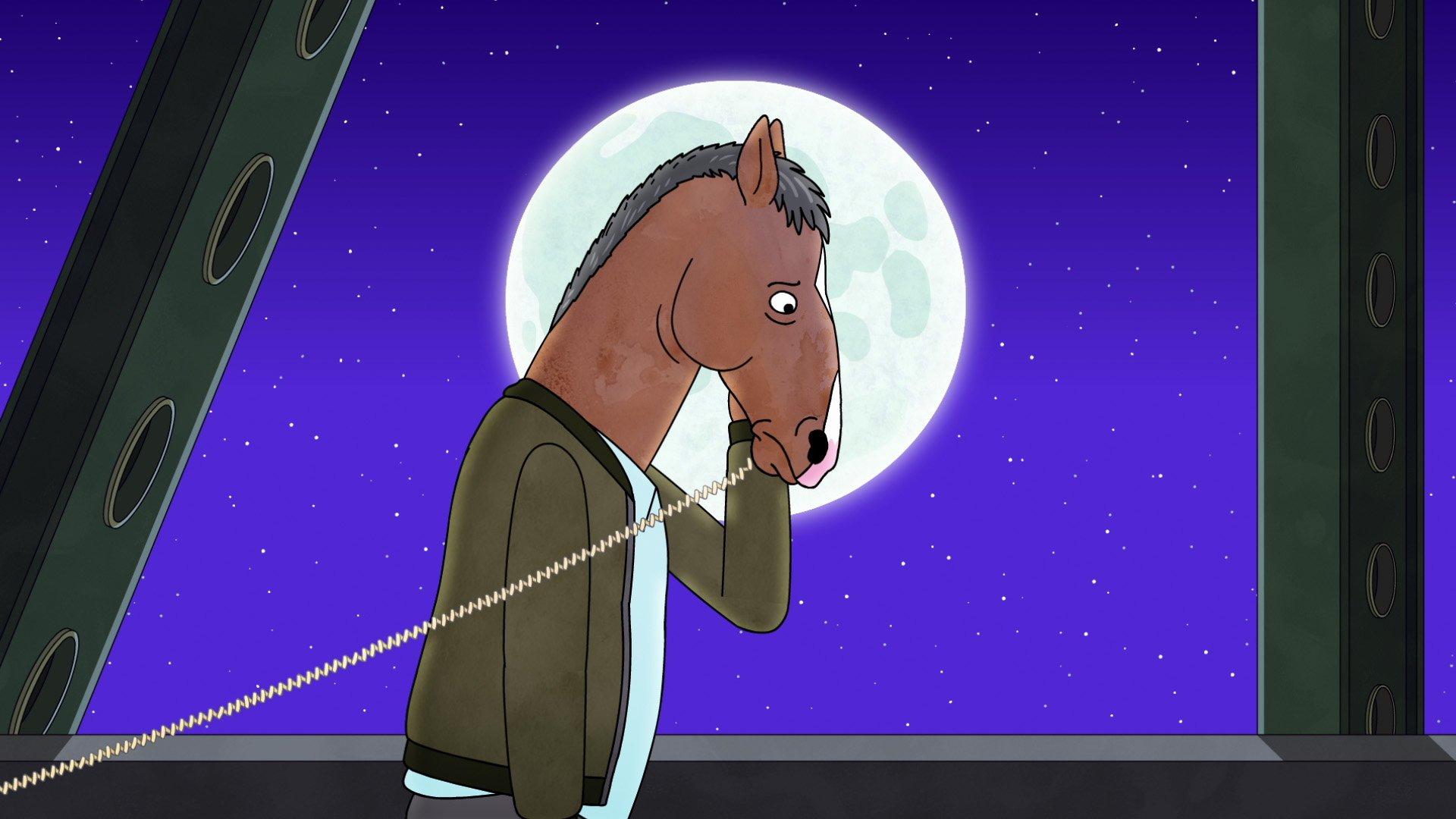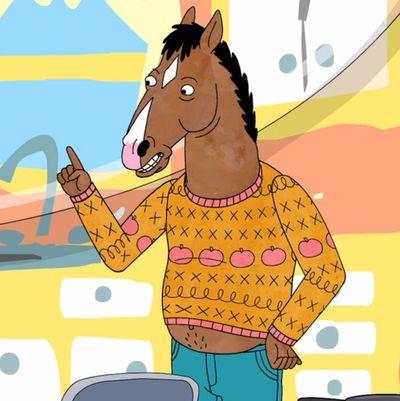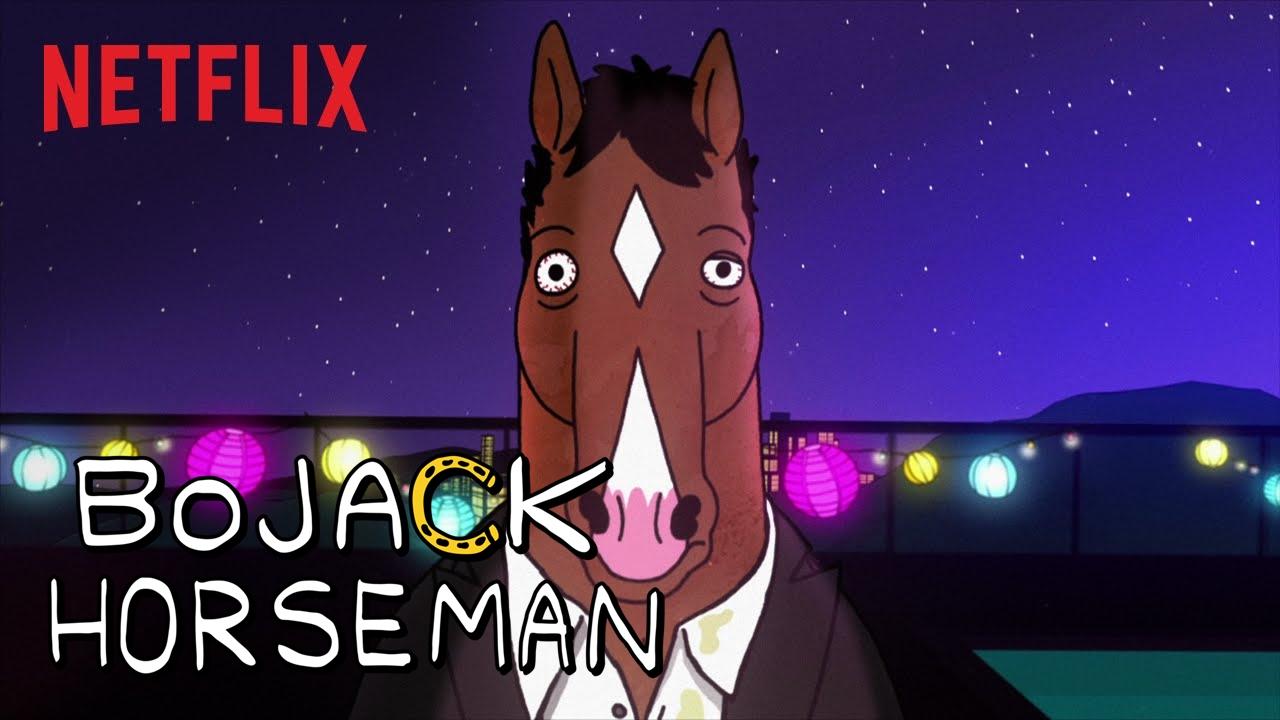In recent years, animated television has evolved from a medium primarily aimed at children to a powerful platform for exploring complex adult themes. Among the shows at the forefront of this evolution is BoJack Horseman, a Netflix original that has garnered both acclaim and criticism for its unflinching portrayal of mental health issues. As the titular character navigates the tumultuous landscape of fame, addiction, and personal despair, viewers are offered a raw and often uncomfortable glimpse into the psyche of a deeply troubled individual. This article critically examines whether BoJack Horseman‘s depiction of mental health is groundbreaking in its honesty and depth, or if it inadvertently reinforces problematic stereotypes and narratives. By analyzing key storylines and character arcs, we aim to explore the show’s impact on public perceptions of mental health and its potential implications for audiences grappling with similar issues.
Complex Narratives: Exploring the Multifaceted Portrayal of Depression
BoJack Horseman has been lauded for its candid exploration of mental health, particularly through its nuanced portrayal of depression. The series intricately weaves together layers of emotional complexity within its titular character, BoJack, who struggles with profound feelings of inadequacy, self-doubt, and existential despair. These elements are portrayed not only through dialogue but also through creative visual storytelling, such as abstract dream sequences and poignant flashbacks. This multifaceted depiction resonates with many viewers who see reflections of their own experiences in BoJack’s journey, offering a sense of validation and understanding.
However, this portrayal is not without its criticisms. Some argue that BoJack’s actions, often destructive and self-sabotaging, could be seen as reinforcing negative stereotypes about individuals dealing with depression. The show sometimes treads a fine line between exploration and exploitation, as BoJack’s behavior might be interpreted as excusing harmful actions under the guise of mental illness. Critics point out that while the show presents a complex narrative, it may inadvertently romanticize or trivialize the struggles of those with depression. Key concerns include:
- Potential glorification of destructive behavior as a symptom of depression.
- Lack of accountability for BoJack’s actions, which may send conflicting messages.
- Overemphasis on cynicism, potentially overshadowing hopeful aspects of mental health recovery.
As such, the series’ depiction of mental health remains a contentious topic, inviting both praise and critique from audiences and experts alike.

Analyzing Representation: Substance Abuse and Self-Destructive Behavior
The animated series BoJack Horseman offers a nuanced portrayal of substance abuse and self-destructive behavior, compelling audiences to confront the complexities of mental health issues. BoJack Horseman, the titular character, exemplifies the vicious cycle of addiction and self-sabotage. His struggles with alcohol and drugs are depicted with stark realism, eschewing glamorization and instead highlighting the destructive impact on his personal and professional life. This representation forces viewers to grapple with the discomfort of watching a character they empathize with continually make harmful choices.
While the series has been praised for its candid depiction, it also raises questions about the potential normalization of such behaviors. Critics argue that the show’s relentless focus on BoJack’s downward spiral may inadvertently desensitize viewers to the severity of these issues. Key elements contributing to this concern include:
- The frequent use of dark humor, which might undermine the seriousness of addiction.
- Repeated cycles of self-destruction without significant long-term consequences or recovery.
- A narrative that sometimes leans heavily on BoJack’s charisma, potentially overshadowing the gravity of his actions.
Thus, while BoJack Horseman breaks ground in its honest exploration of mental health, it simultaneously challenges viewers to discern between empathetic storytelling and the risk of trivializing complex issues.

The Balance of Humor and Sensitivity: Navigating Dark Themes
BoJack Horseman stands out for its bold attempt to tackle complex and often dark themes such as mental health. The show’s creators employ humor as a tool to approach these topics, but the execution walks a fine line between insightful and insensitive. The series excels in illustrating the chaotic and often destructive nature of mental illness through its protagonist, BoJack, whose struggles with depression, addiction, and self-loathing are portrayed with raw honesty. This portrayal resonates with many viewers who see their own struggles mirrored in BoJack’s journey.
However, the show’s reliance on humor to address such serious issues can sometimes feel jarring or inappropriate. Critics argue that while humor can be a powerful way to engage audiences, it risks trivializing the very issues it seeks to illuminate. Some points of contention include:
- The juxtaposition of slapstick comedy with scenes of profound emotional distress.
- Moments where satire borders on insensitivity, potentially alienating those who feel misrepresented.
- The potential for over-simplification of complex mental health issues in favor of comedic effect.
In balancing humor and sensitivity, BoJack Horseman has sparked important conversations about mental health, but it also underscores the delicate responsibility storytellers have when depicting such themes.

Recommendations for Future Media: Enhancing Mental Health Awareness
- Complex Characters: Future media should continue to develop multifaceted characters who experience mental health issues in nuanced ways. This approach helps to dismantle stereotypes and presents mental health as a spectrum rather than a binary of ‘healthy’ or ‘unhealthy’. By showcasing a range of experiences, audiences can better relate to and empathize with the characters, fostering a deeper understanding of mental health struggles.
- Professional Consultation: Involving mental health professionals during the creative process can ensure that portrayals are accurate and sensitive. This collaboration can help to avoid harmful clichés and provide audiences with realistic depictions of mental health conditions, contributing to a more informed public discourse.
- Trigger Warnings and Support Resources: Incorporating trigger warnings and providing resources for viewers who may be affected by the content can create a safer viewing experience. These elements show a commitment to audience care and responsibility, encouraging a supportive environment for discussing mental health.
- Balancing Drama and Education: While drama is essential for storytelling, it should not overshadow educational elements that can provide viewers with valuable insights into mental health. Striking a balance between engaging narratives and informative content can enhance the viewer’s understanding without sacrificing entertainment value.
